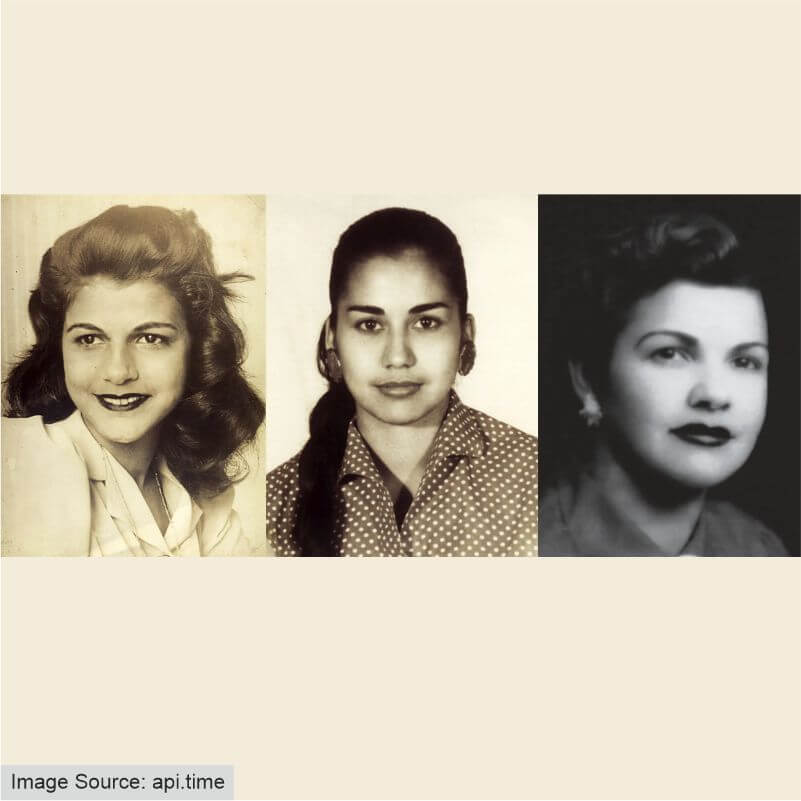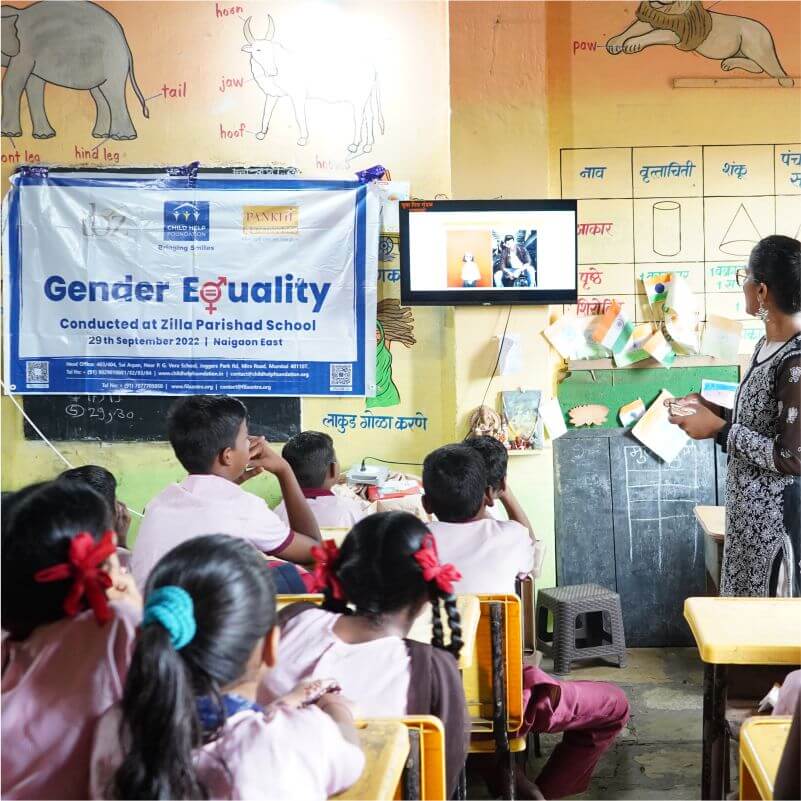Despite the UN General Assembly adopting the Convention on the Elimination of All Forms of Discrimination against Women in 1979, the issue of violence against women and girls persists globally. Presently, domestic violence remains legal in one-third of countries, while 37 nations exempt perpetrators of rape from prosecution if they are married to or later marry the victim. Shockingly, nearly 50 countries lack specific laws safeguarding women from domestic violence.
A Day for the Elimination of Violence Against Women

Since 1981, activists have honoured November 25 as a day against gender-based violence, paying tribute to the Mirabal sisters , Dominican activists murdered in 1960 by Rafael Trujillo. In 1993, the UN adopted the Declaration on the Elimination of Violence against Women, and in 2000, November 25 became the International Day for the Elimination of Violence Against Women, urging global awareness annually.
However, preventing violence and attaining gender equality involves challenging patriarchal norms, systems, and structures that perpetuate inequality between genders. Therefore, it necessitates men to step up and advocate for the change and critically examine power dynamics in their behaviors and language.
Here are five ways for men to eliminate violence against women and be an ally:

1: Listen and learn about their challenges: Engage in conversations with women to understand their experiences and challenges. Listen actively and empathetically, seeking to learn and comprehend their perspectives. Amplify their voices and ideas in social circles and public forums. Feel free to ask them how you can offer your support and solidarity.
2: Refrain from sharing content that normalizes violence: Under no circumstances share or promote disturbing content that normalizes psychological or physical forms of violence against women.
3: Avoid sharing sexist content or hate speech: Regardless of your intentions, avoid sharing discriminatory content or hate speech. Question and challenge traditional gender roles and stereotypes in your actions, language, and interactions. Try to use gender-neutral language and question the power dynamics to foster gender equality.
4: Don't be a silent witness: Speak up against all forms of violence , sexism and harassment whether at home, work, or in public. Violence against women is a criminal act. Here are some organizations and institutions where you can file complaints when you witness such acts of violence against women:
- National Commission for Women (NCW): The NCW is a statutory body that addresses issues related to women's rights. They accept complaints related to various forms of violence against women.
- Women Helpline (1091): This helpline is specifically dedicated to assisting women in distress and handling complaints related to harassment, violence, and abuse.
- One Stop Centres (OSC): OSCs provide integrated support and assistance to women affected by violence, offering medical, legal, and psychological help under one roof.
- Local Police Stations: You can file a complaint against violence at your local police station. In cases of immediate danger or emergency, calling the police (dial 100) can be crucial.
- State Women's Commissions: Most Indian states have their own Women's Commissions that handle complaints related to women's rights violations within the respective states.
Under the initiative of 'Beti Bachao, Beti Padhao' scheme, the government tends to focus on the protection and education of young girls. Several NGOs offer legal guidance and counselling to women facing violence. It's important to seek support from these institutions promptly to ensure appropriate action is taken.
5: Teach and Model Equality: Instill values of gender equality and respect in the next generation by teaching and modelling these principles to young boys and girls. Be aware of subconscious prejudices and biases and actively work to overcome them in your thoughts and actions.
Child Help Foundation is a part of the national flagship programme, 'Beti Bachao - Beti Padhao' and has reached out to more than 2,00,000 girls till March 2021. Their education programme is designated to promote equal opportunities for boys and girls thus, creating a better balance of power between the genders.
